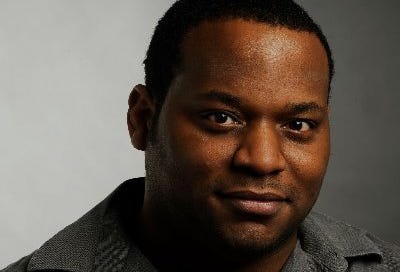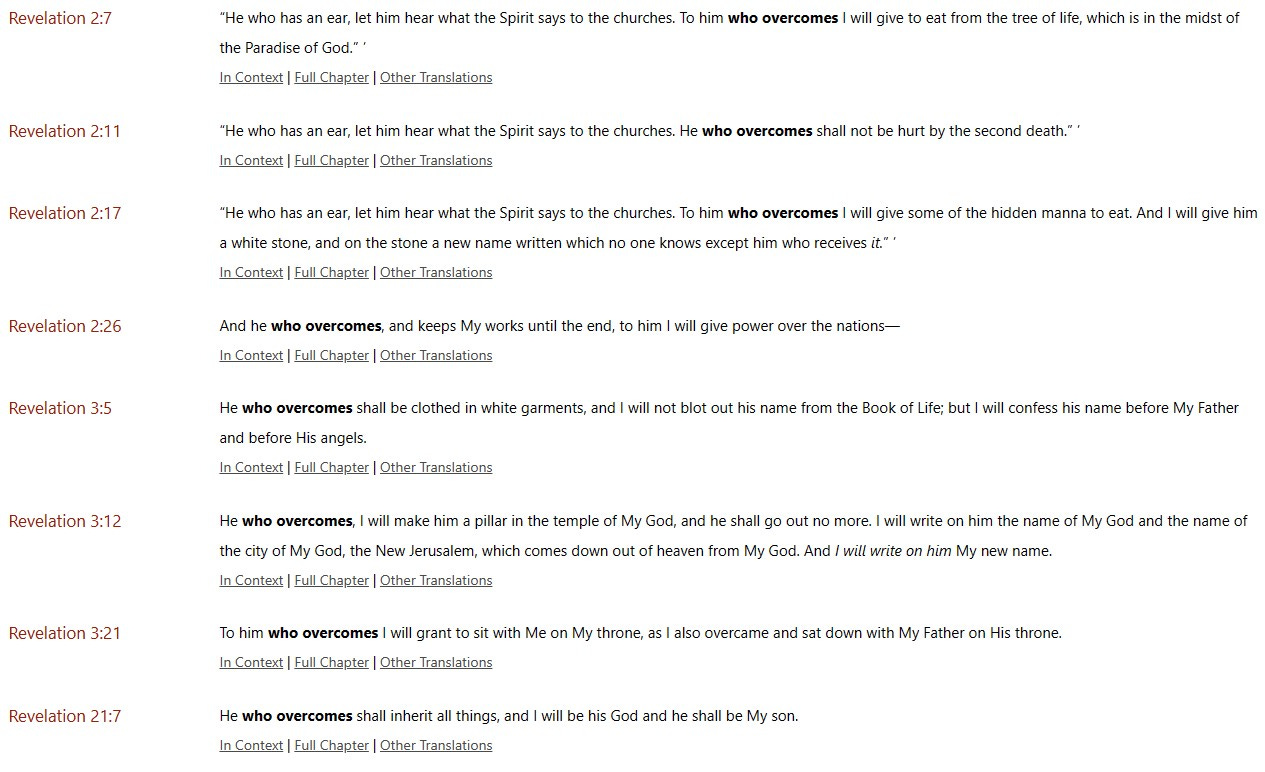What the Bible's first family tells us about human nature
Sin is the ultimate human struggle. Here's how Adam and Eve, Cain and Abel wrestled with it, and what we can learn from them
Today I'd like to talk about the Bible's first family — Adam and Eve, Cain and Abel — and what they tell us about human nature.
Adam is the first man God created. In the creation story, God created the light, and it was good. He created the seas, and they were good.
Adam being alone is the only thing in the creation story described as "not good.”
None of the animals God created would work as a companion for Adam. So God created Eve from Adam's rib.
Adam had one job. God's word amounted to a single instruction, given in Genesis 2:16-17:
“You are free to eat from any tree in the garden, but you must not eat from the tree of the knowledge of good and evil, for when you eat of it you will surely die."
After Eve is created, she's tempted by the serpent. But Genesis 3:6 tells us Adam was right there the whole time, listening to the serpent, failing to stand on God's word, and then partaking himself in the fruit of the forbidden tree.
When Adam is confronted by God, his first instinct is not to apologize. It's to blame the woman, and to blame God for pairing her with him. When things went wrong, Adam failed to lead, and was fast to point fingers.
Adam is man without a code. Man, unimproved. Adam is the weak man who made hard times come for all men, as spelled out in Genesis 3:17-19.
But if Adam's problem started with listening to Eve, Eve's problem started with listening to the serpent. He lured her with the oldest temptation: You can be like God.
In Genesis 3:5 the serpent says: "For God knows that when you eat of it your eyes will be opened, and you will be like God, knowing good and evil."
Today women fight for the right to play God by pursuing abortion up to the moment of birth. Men like Bryan Johnson try to play God by solving death. This is all the fruit of that poisonous tree.
Cain is the third person in the Bible. The first man born of woman becomes the first murderer when he kills his younger brother Abel. If Adam condoned sin and Eve was tempted by sin, Cain was swallowed whole by it.
What did Cain do wrong? It's a blink-and-you'll miss it moment in Genesis 4, and it comes before he kills his brother. You learn what Cain did wrong by seeing what Abel did right.
Genesis 4:3 tells that "In the course of time Cain brought some of the fruits of the soil as an offering to the Lord."
Genesis 4:4:" But Abel brought fat portions from some of the firstborn of his flock."
Did you catch that? Cain gave God "some" of what he grew. Abel gave some of his best.
God sees what's in Cain's heart, and challenges him to do better. In Genesis 4:7 he says "If you do what is right, will you not be accepted? But if you do not do what is right, sin is crouching at your door; it desires to have you, but you must master it."
In the very next verse, Cain kills Abel.
Abel's time in the Bible was short, but he has a lot to teach us. He brought the fatty portions of his first flock, and God looked kindly on him.
In Revelation, Jesus dictates letters to seven Christian churches. Each letter offers a piece of criticism, but also tells of the blessings available "to him who overcomes." One church will get the hidden manna, a reference to Exodus. Another will get authority over the nations. And so on.
Abel is our first example of "he who overcomes."
Abel was born into the same broken world as Cain. But he overcame his human instinct to hold back his best from God.
For this, he paid with his life. Abel, he who overcame, was killed by his own brother. All because that brother wanted to carry on his sinful ways without challenge or comparison.
The problem for Adam, Eve and Cain is that God was watching them the entire time. You can step off the narrow path, but you can never outrun yourself.




